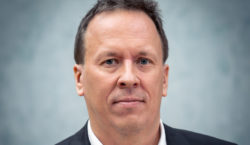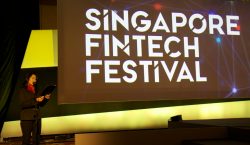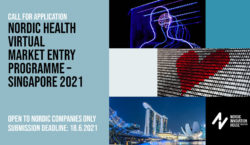The much anticipated joint initiative Nordic Innovation House – Singapore (NIH-SG), which opened in October 2018, is a new milestone of sorts in terms of business connections between the Nordics and Southeast Asia – via Singapore as a hub. It will function as a soft-landing, community and resource centre, as well as networking hub for Nordic start-ups.
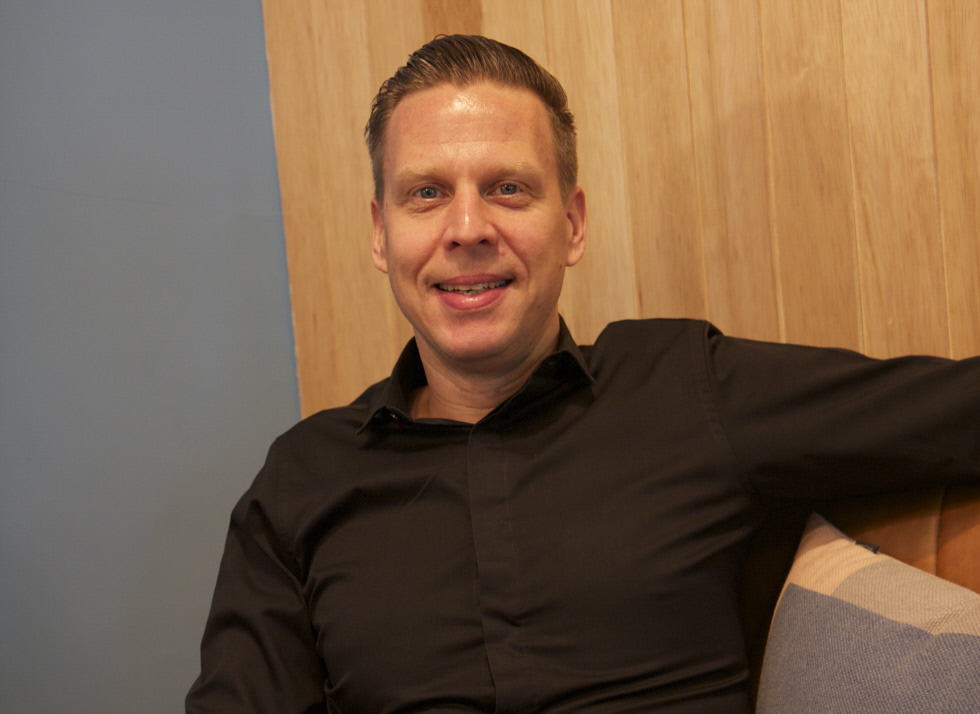
NIH-SG comes with high hopes and expectations from all stakeholders. Business Sweden’s spokesperson described it as a “dream come true”. Ms Marie-Claire Maxwell, Head of Technology and Start-Up Lead, Region AP said at its launch that it is very important to support entrepreneurs to have their feet on the ground to connect with the networks – to the capital and to local entrepreneurs etc., hoping to also a stronger bridge with Southeast Asia, where Singapore is the best place to scale in Southeast Asia.
“It is for Nordic tech start-ups who seek to speed up their market growth in Southeast Asia and expanding their networks,” said Finland’s Ambassador to Singapore, Paula Parviainen.
Nordic Innovation (Norway) said NIH-SG is about bringing people, organisations and companies together – with a timing that now makes that more important than ever. The hope is that NIH-SG will also bring Singapore and Asian companies to a larger extent to the Nordics.
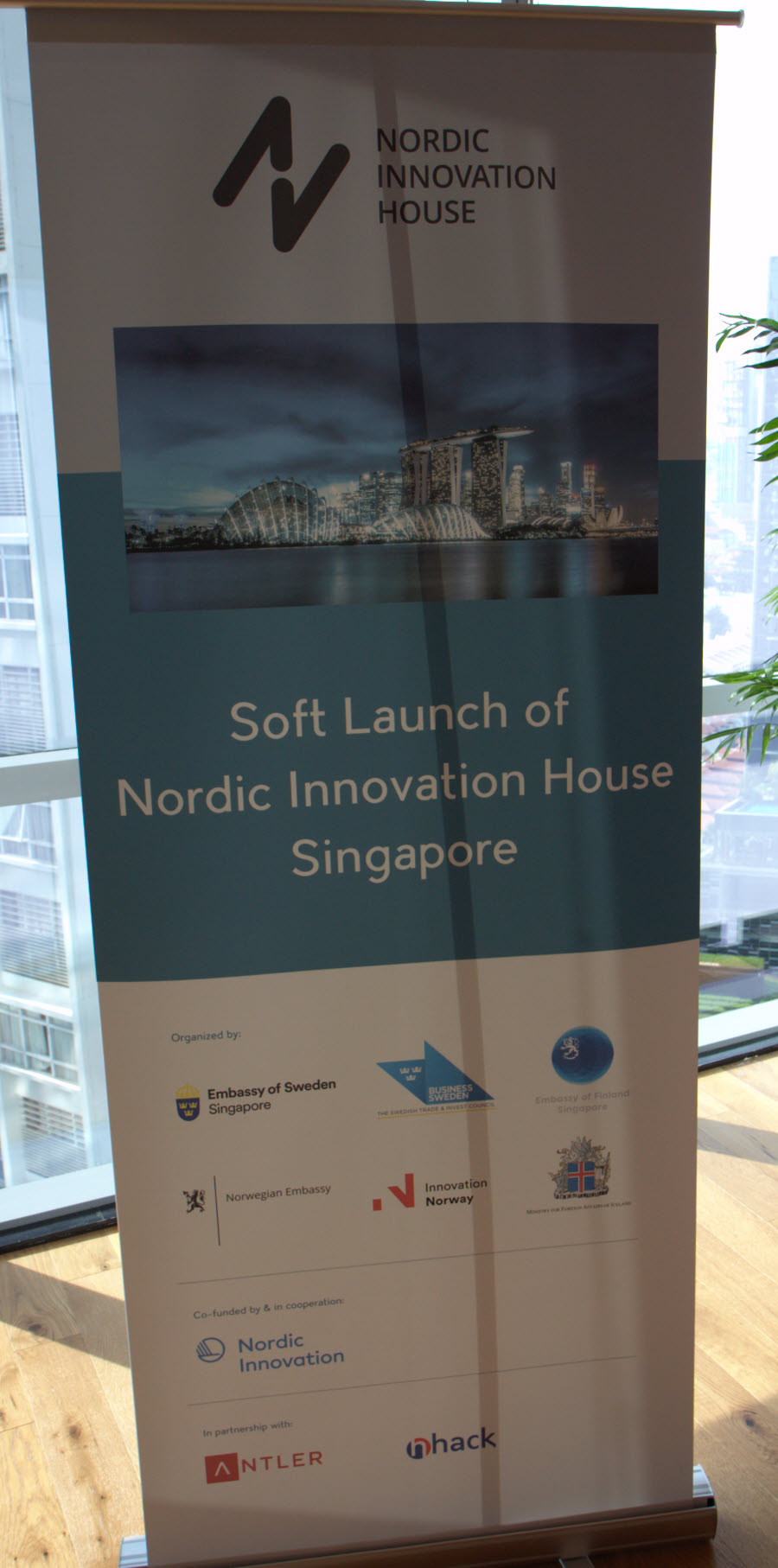 Community Director Sami Jääskeläinen is its first employee, tasked to build the operations, while supported by a Nordic steering group. NIH-SG’s setup is a partnership between the Business Sweden, Innovation Norway, Finnish Embassy and Embassy of Iceland (Tokyo). Business Sweden has an overall coordinator role in Singapore and Hong Kong.
Community Director Sami Jääskeläinen is its first employee, tasked to build the operations, while supported by a Nordic steering group. NIH-SG’s setup is a partnership between the Business Sweden, Innovation Norway, Finnish Embassy and Embassy of Iceland (Tokyo). Business Sweden has an overall coordinator role in Singapore and Hong Kong.
It is an appointment Sami is very excited about: “Wow! It just ticks so many of my personal boxes. It’s a great opportunity as well; helping Nordic companies to enter Singapore and this region, getting to know entrepreneurial talent and being the connector and bridge between the Nordics and Southeast Asia. And for me I have always been that kind of connector, ecosystem builder, so helping and supporting other people is a big driver for me,” responds Sami.
In focus for Sami will be to build the strong community and network needed in order to help businesses navigate the landscape and connect Nordic companies with the right ecosystem stakeholders; such as investors, co-working spaces, incubators, accelerators, government and academia in Singapore and Southeast Asia.
“I understand both sides of the business world; the start-up life and its mentality and struggles, but also the corporation side. I have previously worked extensively on that bridge and also on understanding the ecosystems; which the players, accelerators and incubators are there, the different innovation platforms and what corporations expect from the start-ups. It’s really important to understand the expectations from both sides,” he highlights from his own experience, where he most recently was with Padang & Co.
“Padang’s open innovation consultancy that unlocks new business opportunities by using different open innovation tools – like hackatons and Innovation Challenges – for large corporations and also works a lot with the government agencies in Singapore. It’s an interesting set-up in many ways because in that co-working space we had a lot of other corporate innovation labs.”
Prior to that, and in addition to a career within digital advertising agencies (initially for Nokia on an international scale), he worked for Slush Singapore as Head of Partnerships during its two first years.
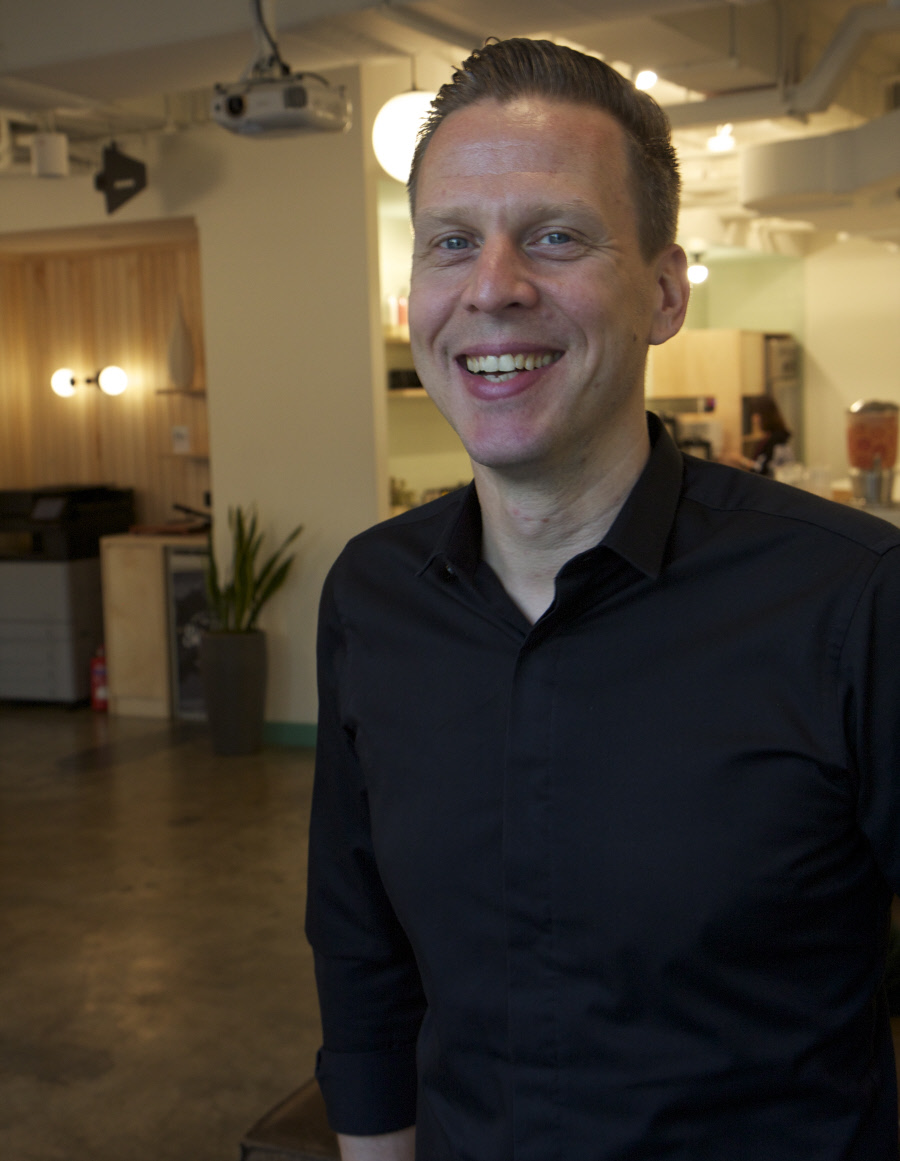 “I see it as key in this role to understand both the Singapore ecosystem and, on regional level, what’s going on in Jakarta, Kuala Lumpur etc. But then also to understand the Nordic ecosystems, the drivers, the values… so it’s actually quite challenging because you need to understand multiple regions and players, and through Slush I have those connections and the understanding of both sides; the corporate and then the governments as well.”
“I see it as key in this role to understand both the Singapore ecosystem and, on regional level, what’s going on in Jakarta, Kuala Lumpur etc. But then also to understand the Nordic ecosystems, the drivers, the values… so it’s actually quite challenging because you need to understand multiple regions and players, and through Slush I have those connections and the understanding of both sides; the corporate and then the governments as well.”
“If you look at the old model you usually have a government layer – the over-arching big brother in many ways – setting up the regulations. Then you have the large corporations owning the value chain from the very beginning to the very end. Then there are some smaller players,” continues Sami, as he describes what fascinates him about the development.
“Now that whole setup is changing, with disruption coming from multiple angles. Smaller start-ups are basically disrupting and breaking those value chains so I see in that sense that the whole world is changing; it is opening a lot of new opportunities for the smaller companies to collaborate with the larger corporations and also with the governments. What drives me and have been really exciting to work with in this space – like supporting and helping start-ups – is that I personally believe that this world will be a better place. There are lots of good start-ups in the impact world, representing real sustainability and really bringing different values to this game as well. And, as we all know, the situation is not that bright at the moment looking at the climate change and everything, so I hope that the world will be a better place when these start-ups are able to bring their innovation and ideas to these ecosystems and develop new business models etc. – personally that’s a big target for me.“
Then, why having this specific task of helping Nordic start-ups? Sami asks himself.
“Coming from Finland, I see the quality of innovations, the talent and the products that the Nordics have been building and developing over the years, and obviously their mindset is very different – especially if you look at the energy and sustainability so it’s very much in our DNA; those values that are still very much still not-existing or just slowly crawling into the consciousness in Singapore. So in that sense I think the Nordics has a lot of potential, a lot to give to this region as well!”
It stimulates Sami immensely to be able to help companies on this journey. And reflecting further on why everything seems to be taking off now on a larger scale he says that it depends on which market.
“In the Nordics, take Slush that started 11 years ago as a very organic organisation; a gathering of entrepreneurs that thought there was a valid reason, with entrepreneurs’ lives being very hard, while the government not supporting it. But at some point it realised that something interesting was happening and started supporting that by providing funds and building up the infrastructure and a better ecosystem as well, as a very organic growth. And then you had Nokia kind of playing a big role. Suddenly you had thousands of engineers who had a very good golden handshake from Nokia, and with international experience, having worked in cross-functional global teams. So that world was very familiar to them and also very digital-driven.”
Meanwhile, digital transformation has become the talk of the town, creating a kind of new demand.
“Consumer behaviour was changing with everything shifting to mobile, so companies began digitalising their services – all this opening new opportunities for start-ups as well.”
Multiple things contributed to the transformation, thinks Sami.
“Then, while key thing in Finland and the Nordics is that the mindset shift happened first on the ground and the governments realising later that something was going on, starting to support it, things happened the other way around in Singapore, where the government decided: ‘We want to build innovative ecosystems and start-ups here’ They started pouring in money directly, really building the infrastructure. Then, young entrepreneur-minded people saw: ‘Now, there are lots of grants available and people are talking about the start-ups everywhere in the world, so maybe we should start doing it as well.’ But it’s a very different challenge, because you then build the infrastructure, and the mindset build will come later on.”
But some years later it is really starting to happen in Singapore, however still catching up slightly.
“If I compare to the Nordics, it is slightly behind. But now we start seeing in Singapore as well that you have this second generation of entrepreneurs; the guys who have been doing exits, or they failed a couple times but are still coming back. These are very valuable; they have the knowledge, know how rough and tough it is to be an entrepreneur but still want to continue building new start-ups, so getting these guys, the second or third generations of entrepreneurs, that’s really important – they have a lot of knowledge and information to share with the newcomers.”
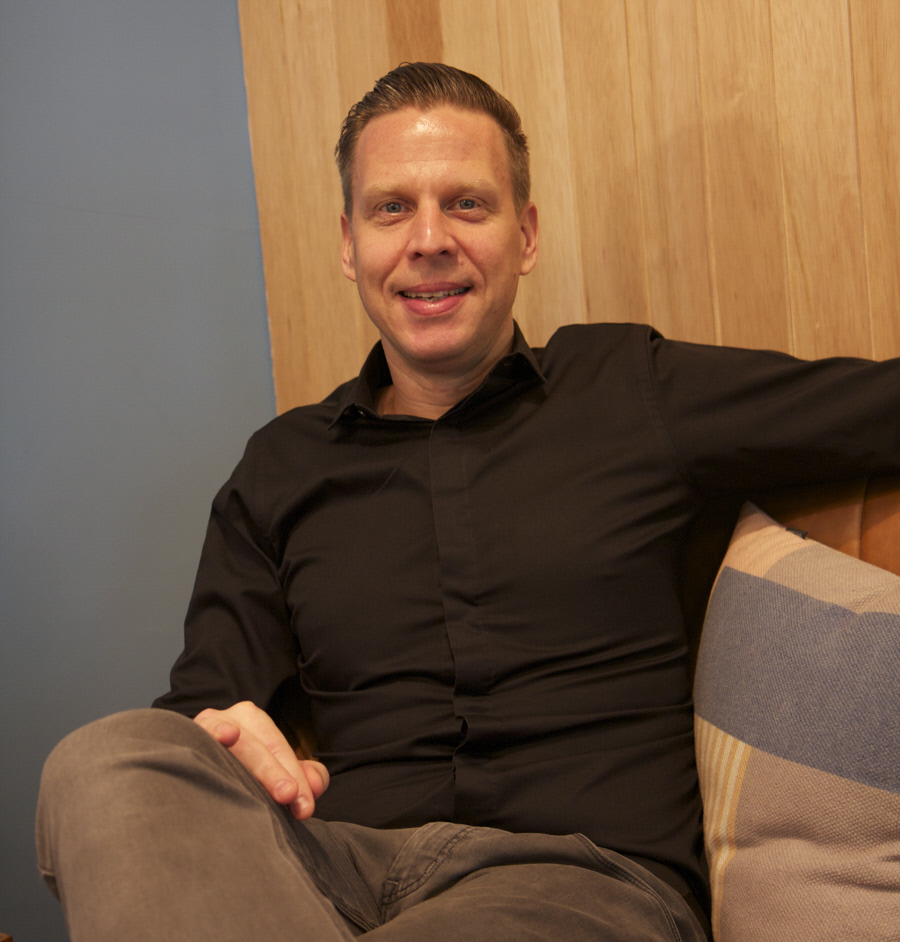 “The key message we want to get out now is that Asia is open, Hong Kong and Singapore are open. The awareness towards the NIH in the U.S is somewhat there. Now we want to get the message out that we are open over here too. These companies who have been building their products and platforms back home in the Nordics and have been successful in doing that, now it is the time to scale and I want to ensure that they are aware of the opportunities in Singapore and Southeast Asia. If they know what the market potential is, they’ll probably come here at least once to explore. And once they have done a strategic decision to scale, in for example Singapore and Southeast Asia, and have the funding they will know who to contact and where to find us and what our services are. And before that I will make sure they have the information needed available and make them aware of the opportunities.”
“The key message we want to get out now is that Asia is open, Hong Kong and Singapore are open. The awareness towards the NIH in the U.S is somewhat there. Now we want to get the message out that we are open over here too. These companies who have been building their products and platforms back home in the Nordics and have been successful in doing that, now it is the time to scale and I want to ensure that they are aware of the opportunities in Singapore and Southeast Asia. If they know what the market potential is, they’ll probably come here at least once to explore. And once they have done a strategic decision to scale, in for example Singapore and Southeast Asia, and have the funding they will know who to contact and where to find us and what our services are. And before that I will make sure they have the information needed available and make them aware of the opportunities.”
NIH-SG is supported with funding from Nordic Innovation and the Nordic Council of Ministers for three years and the idea is to build a financially sustainable model so that the Singapore entity can stand on its own feet after that period.
“In some cases we might sponsor start-ups in terms of attending big events, combined with national funding and support.”
NIH-SG will do matchmaking within its mentor network – with different functions, verticals and industries. Their package will include two 60-minute meetings per month with these mentors. Also own events will be arranged. Access to the country office of Business Sweden, Innovation Norway etc. will also be facilitated.
“The bigger and strategic role here is that it doesn’t make sense to build these services in-house – because Singapore has a lot of good service providers so it’s more about finding those right partners and connecting them with the start-ups.”
This landscape is so rich that you can actually spend a lot of time and in worst case lose some money as well if you don’t know who to work with and who the best service providers are from different verticals. That’s our key role,” ends Sami.

